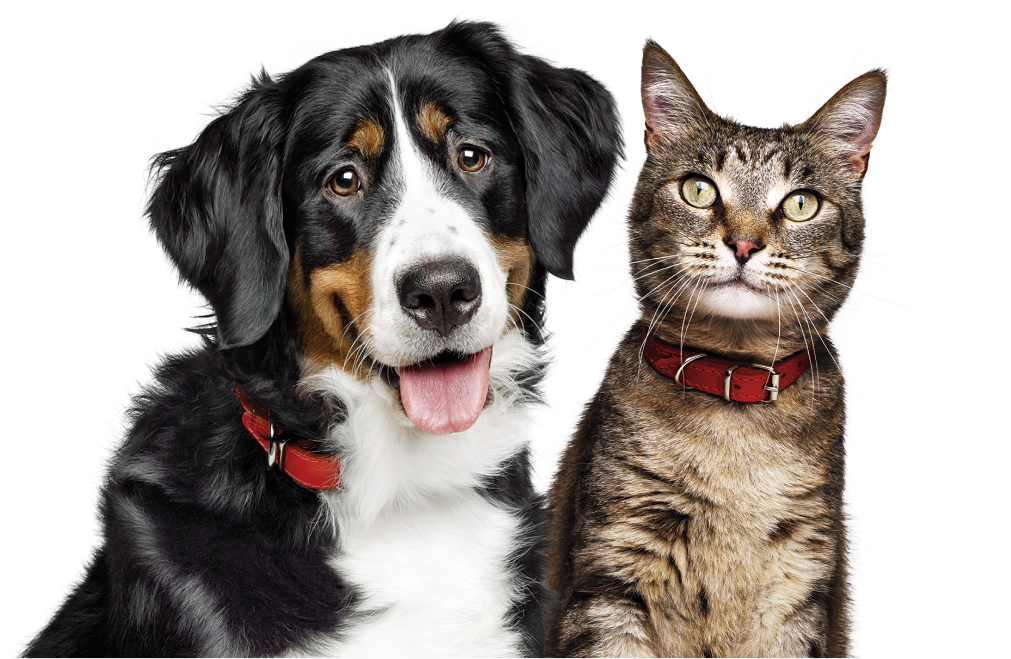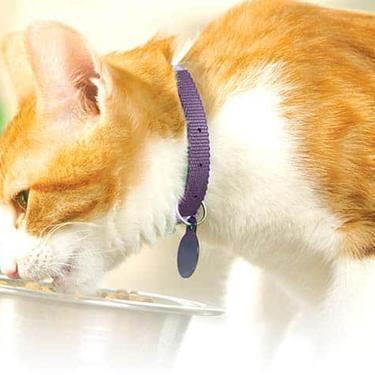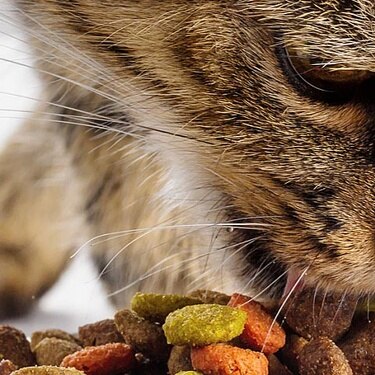Start your new friendship off on the right paw
Start your new friendship off on the right paw
First-time cat owner?
Here are some expert tips and resources that can help give you and your new best friend the smoothest transition possible.
What to expect with your new cat
A new cat is lots of fun — and lots of work, too! Not sure what you’ll need the first week? The first month? Choose an option below for a sense of what’s ahead.
- Kitten
- Adult Cat
- Senior (7+) Cat
Within the first week:
Kittens are bursting with energy and curiosity. Prepare for some nibbles, scratches, a few accidents, and a lot of playtime. For more detail, check out this kitten timeline.
Within the first month:
Your kitten’s energy levels will begin to balance out, but they’ll still want to play a lot. Before you break your budget on toys, try building some of your own.
It won’t be long before your kitten reaches full adult size. As their personality comes out more each day, you’ll no doubt see some quirky behaviour.
Your cat will need some time to adjust to the new surroundings and people. Be patient, as they may still be struggling with using the litter box, as well as hiding and exploring boundaries.
As your cat continues to adjust to home life, now is a good time to start reinforcing healthy routines and behaviours for day-to-day life.
By now, your cat will be getting used to home life and being a regular part of the family. With all the introductions made, this is a great time to look into new training and experiences to share.
Older cats need different care as they age. You'll likely have less energy to deal with, but you'll still want to keep their health top of mind. Learn how to care for their specific needs.
While you’re less likely to be chasing them around, some level of activity can help keep your older cat’s golden years as healthy as possible.
Cat parent FAQs
One new cat is worth a million questions, but here are some common ones you no longer have to search for:
Before your cat enters the home, you’ll want to make sure everyone you live with understands how they will welcome their new friend, as well as what their new responsibilities entail.
Remember that kittens have LOTS of energy, and may want to scratch furniture, jump on things and pee outside their litter box.
On the other end, senior cats often have less energy compared to younger cats, so set expectations with children and other family members so you don’t overwhelm your new friend.
At a minimum, a healthy cat needs one thorough veterinary checkup a year. Cats can hide symptoms of injuries and illnesses, so it’s up to you to establish what is “normal” behaviour for your cat and keep an eye out for anything that seems unusual.
Depending on their lifestage, you will want to adjust your cat’s food accordingly.
Kittens (Under Age 1)
Specially formulated for their playful lifestyle, kitten food is made to fuel the boundless energy of a young cat and support healthy development.
Adult Cats (1-7 Years)
Adult cat foods need the right balance of nutrients – not too much, not too little – to support a cat's everyday nutritional needs.
Older Cats (Age 7+)
As your cat grows older they'll need special support to reduce the risk of kidney issues, mobility problems and other conditions associated with age.
No matter what age your cat is, there is definitely a cost to giving them a happy and healthy life. Typical annual cost of a cat is around £1500 per year according to the Battersea Dog and Cats Home, and that doesn’t include unexpected trips to the vet or moments of weakness when you see a toy your furry friend “has to have.” Make sure you’re ready to care for your cat physically, emotionally AND financially before you commit to making a forever friend.
A cat’s claws are a huge part of their lives, and part of the way they interact with their world. It’s no wonder they find scratching furniture and other objects a way to relieve stress or show anxiety. Another possibility is that your cat is just bored! Invest in a scratching post or make your own, and remember to be patient.
People tend to assume that a cat is being spiteful or intentional when they pee outside of the litter box, but there are less malicious reasons behind these types of behaviours. Peeing on objects around the house is often a sign of anxiety, or even a medical ailment that is hurting your cat.
Cats can also manifest anxiety in the form of digestive problems, so while it is easy to blame the food you’re feeding your cat, one of the worst things you can do to try and improve the problem is switch their food right away.
The important thing to remember is not to lose hope. As your cat starts to get more comfortable at home, and your vet has eliminated any potential health problems, your cat will likely get back to doing their business in the litter box again.
















